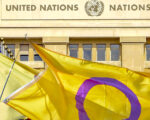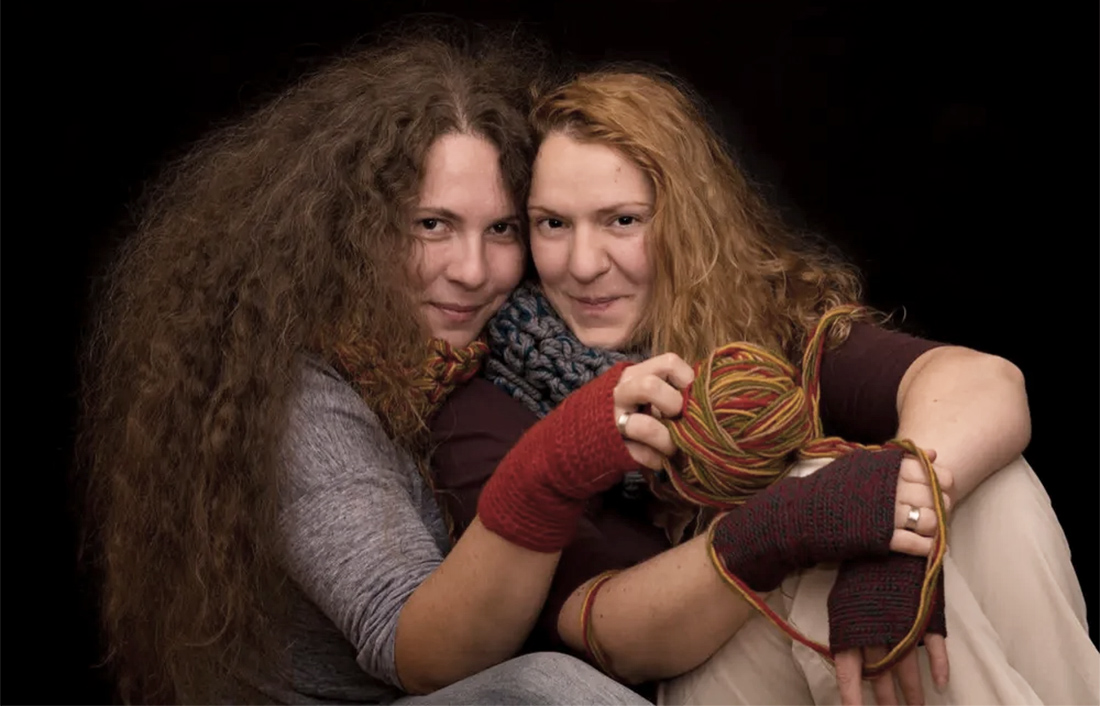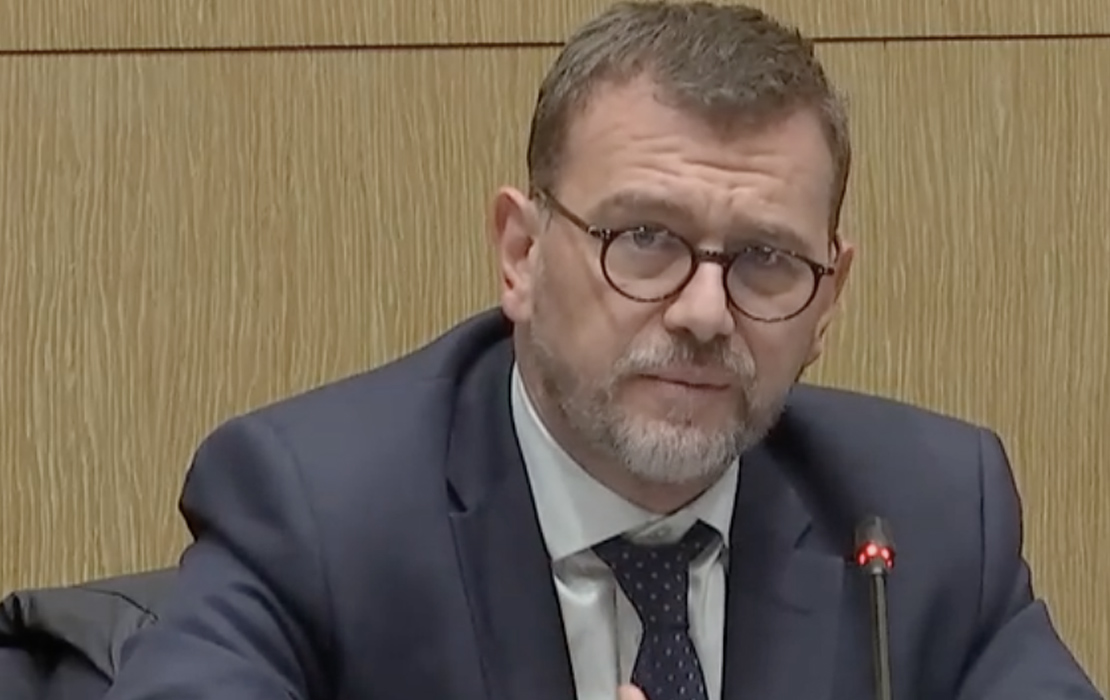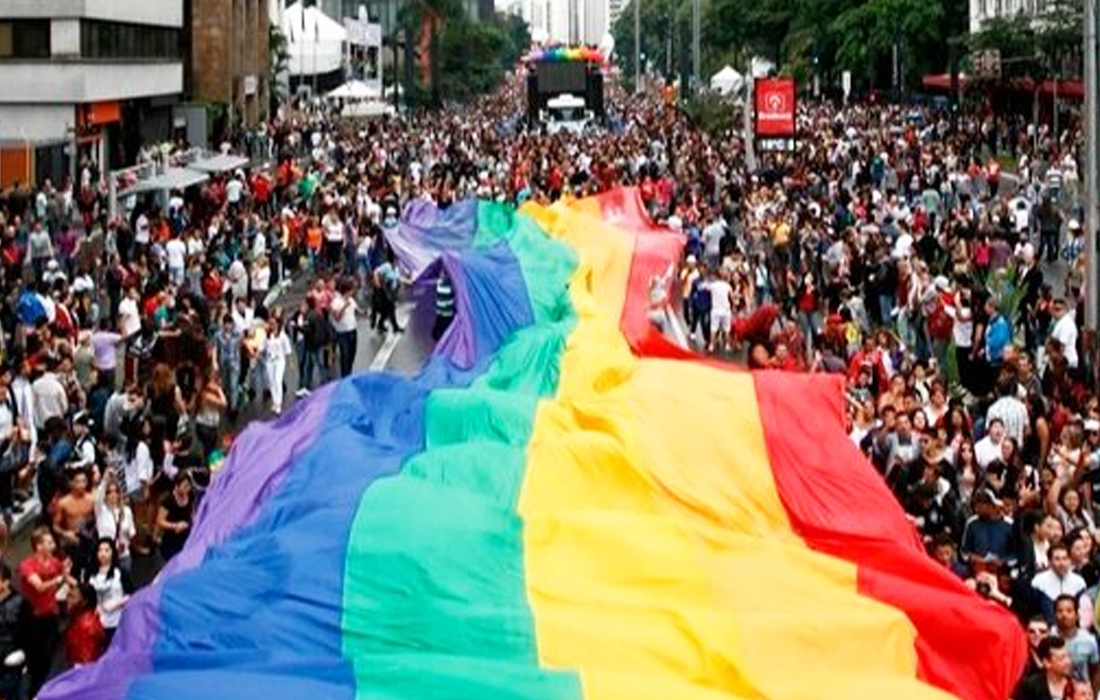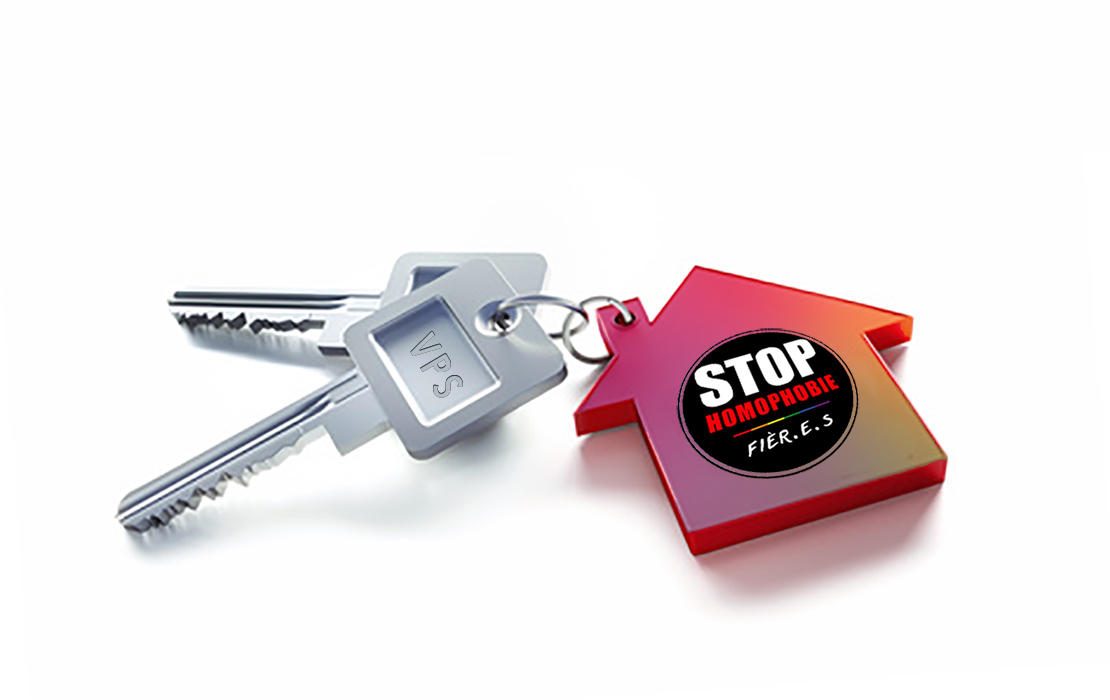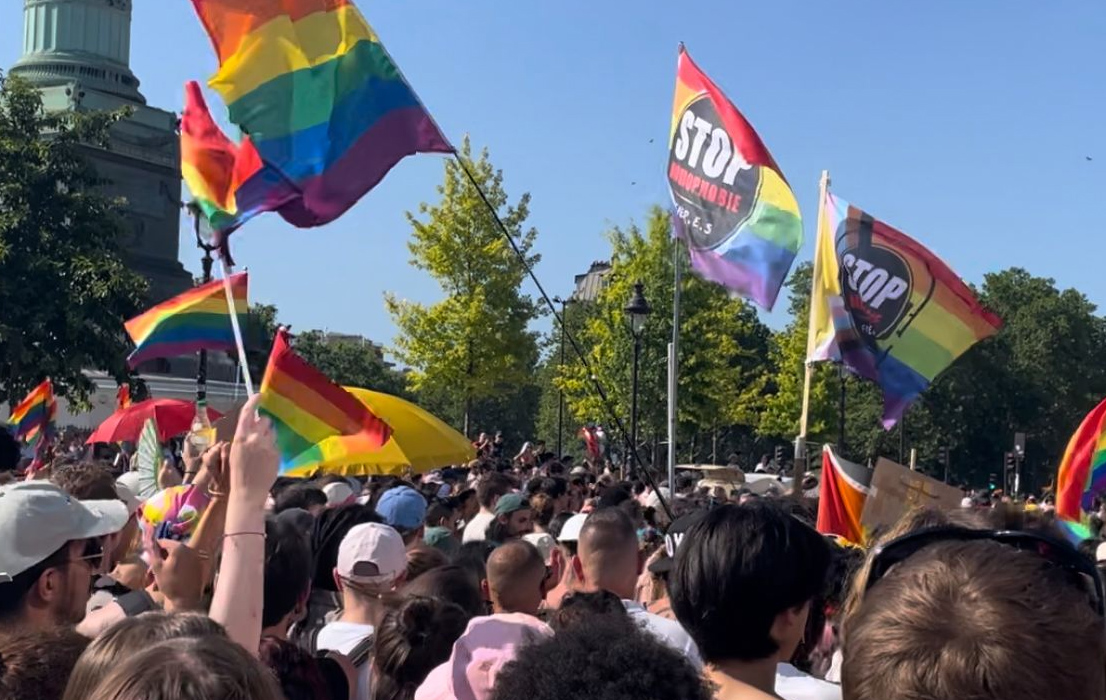>> Georgian Gay-Rights Defenders Win Strasbourg Case : European court condemns Georgia over inaction on gay rights march
La CEDH avait été saisie par l’association géorgienne Identoba et quatorze personnes qui avaient participé à une gay pride en mai 2012 dans la capitale géorgienne.
Une trentaine de militants de la cause homosexuelle avaient tenté de défiler sur la rue principale de cette ville très religieuse du Caucase du Sud, brandissant des drapeaux aux couleurs de l’arc-en-ciel et des pancartes où l’on pouvait lire “Stop à l’homophobie”.
Mais ils avaient été bloqués par des contre-manifestants orthodoxes accompagnés de prêtres, qui les ont insultés et frappés, tandis que la police avait interpellé plusieurs militants homosexuels, officiellement pour les protéger, selon les explications données par le gouvernement géorgien à la CEDH.
Informées bien à l’avance de la manifestation, les autorités “avaient été spécifiquement invitées à protéger les manifestants contre des protestations prévisibles” de militants homophobes, a relevé la Cour.
Or les policiers, déployés en nombre limité, “ont laissé la tension dégénérer en violence physique”. Et la police s’est mise à arrêter et évacuer “les victimes mêmes qu’elle avait été appelée à protéger”, a dénoncé la Cour Européenne des Droits de l’Homme.
En outre, seuls deux contre-manifestants ont été condamnés depuis à une amende d’un montant équivalent à 45 euros pour des atteintes mineures à l’ordre public, une sanction “pas suffisante” eu égard au “niveau de violence et d’agression non justifié” dont ont été victimes les requérants.
La Cour a conclu aux violations des principes de la liberté d’association et de réunion et de l’interdiction des discriminations.
L’Eglise Orthodoxe jouit d’une grande autorité en Géorgie, ex-république soviétique conservatrice de 4,6 millions d’habitants, où l’homosexualité est largement considérée comme inacceptable.
[spacer]
>> The European Court of Human Rights (ECHR) in Strasbourg has ruled that Georgian authorities failed to adequately protect gay-rights activists and should compensate victims of attacks aimed at blocking a gay-pride event three years ago.
The ECHR issued its ruling on May 12, according to which the Tbilisi-based LGBT (lesbian, gays, bisexual, and transgender) group Identoba and more than a dozen activists were found eligible for compensation of between 1,500 and 4,000 euros ($1,675 to $4,465) from the Georgian government for its “failure to provide adequate protection.”
The case stems from an incident in Tbilisi in May 2012, when activists tried to hold Georgia’s first-ever gay-pride march to mark the International Day Against Homophobia.
Orthodox activists blocked their way, and some of the gay activists were verbally and physically assaulted.
In addition to a violation of the right to free assembly, the ECHR also ruled that there was a violation of Article 3, which prohibits inhuman or degrading treatment, in conjunction with the European Convention on Human Rights’ Article 14 banning discriminatioin.
In 2013, a group of LGBT rights activists faced larger-scale violence when thousands of antigay demonstrators, led by Orthodox clerics, attacked a small group of LGBT activists who wanted to mark May 17 in an area adjacent to Freedom Square in downtown Tbilisi. At least 28 people were injured in that incident.
Fearing homophobic violence, LGBT rights groups in Georgia have since avoided public events to mark UN-sponsored International Day Against Homophobia.
In an apparent attempt to counter International Day Against Homophobia, the Georgian Orthodox Church introduced what it calls Family Day, also on May 17.
In 2014, the day was marked with a large rally, led by the Orthodox clerics, which took on an antigay tone and challenged newly adopted domestic legislation against discrimination.
AFP



